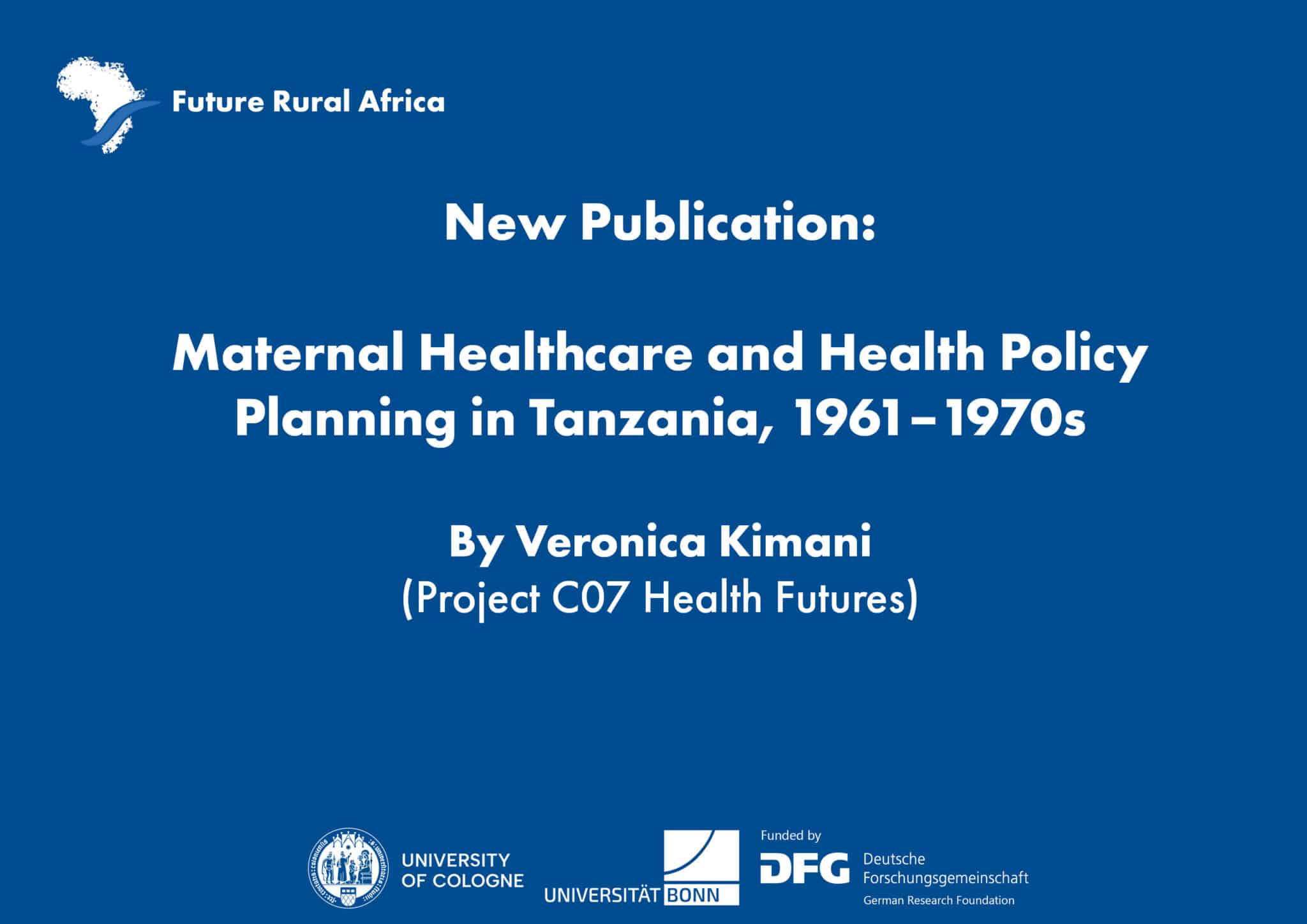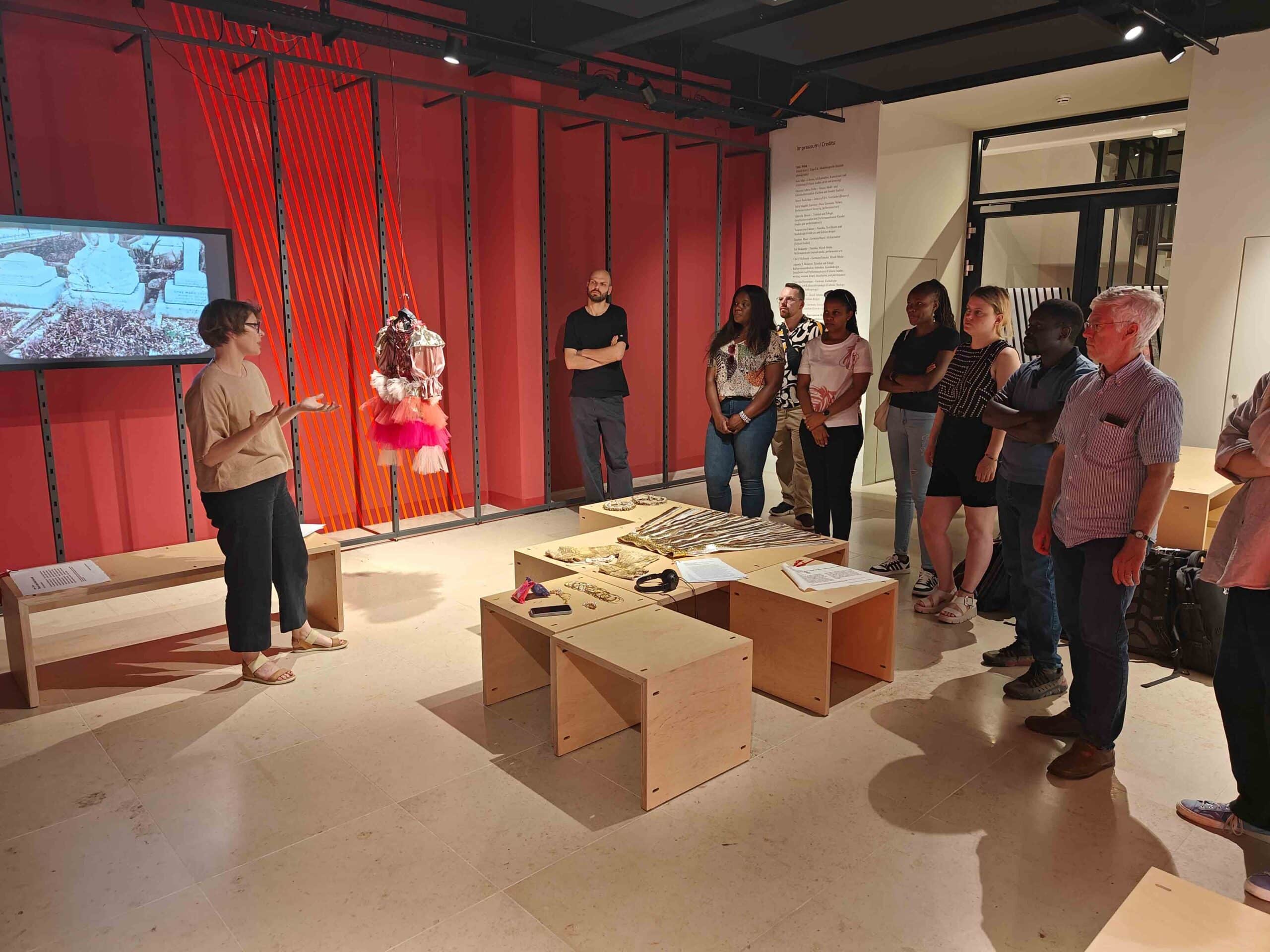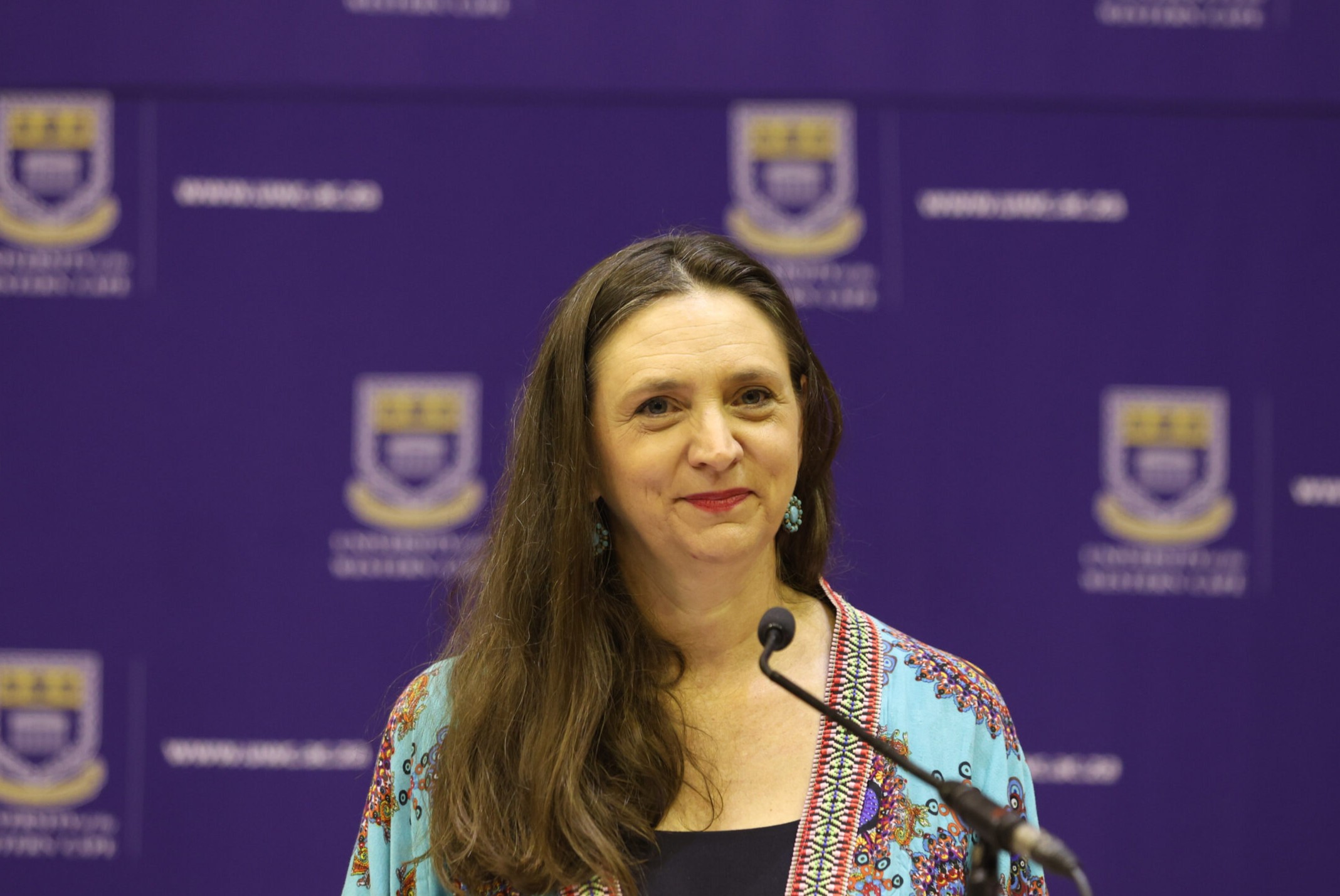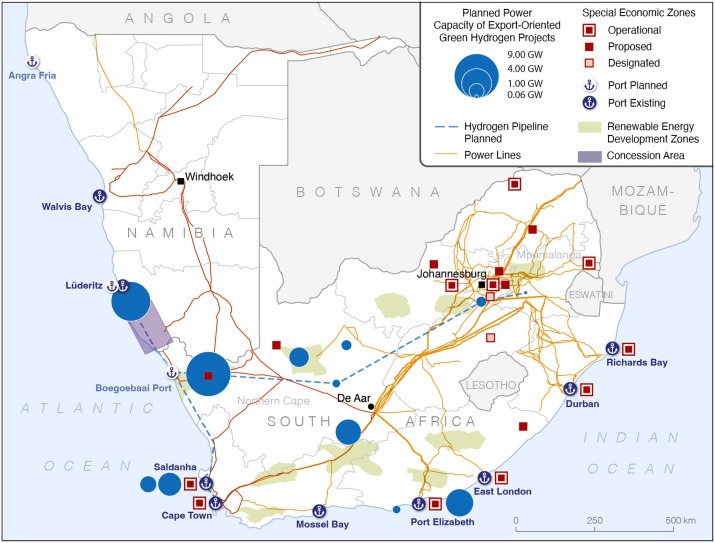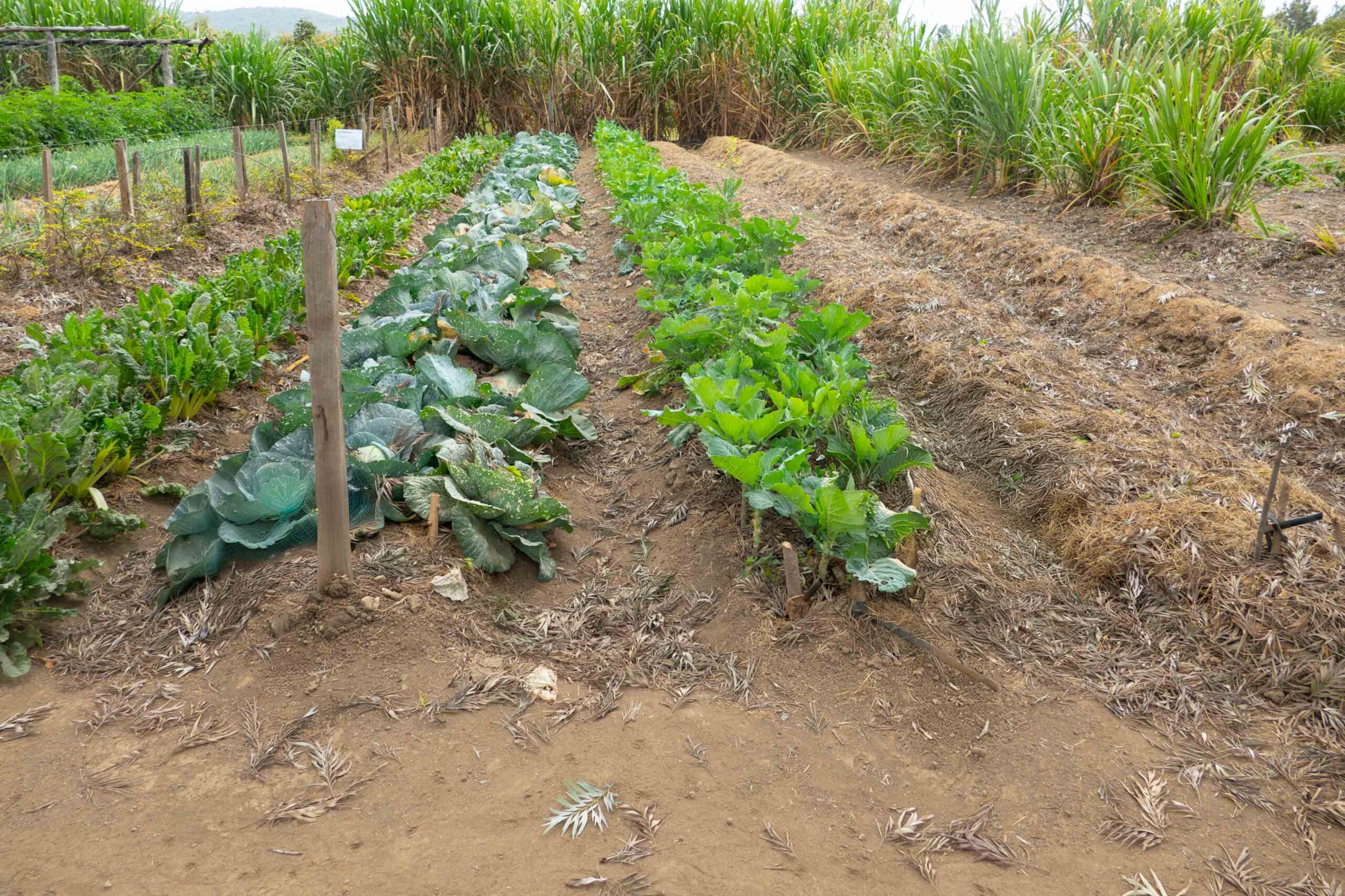By Veronica Kimani (Project C07 Health Futures).
Abstract
The period immediately after independence in Tanzania was marked by intense planning for the country’s development. Part of this planning involved the healthcare system and was aimed at addressing the grave dangers posed by life-threatening diseases. Improvements in healthcare included the expansion of medical facilities and staff. The government identified maternal health as vital in revamping public health. It understood that the well-being of mothers and children was fundamental for the prosperity of the newly founded state. The focus, however, was on rudimentary health provisions. This article examines health policy planning in Tanzania immediately after independence. Using examples from maternal health, it argues that healthcare planning after independence was still largely shaped by the measures developed under colonial rule despite the optimism about a sovereign future. This was mainly because the problems and plans that had arisen during colonialism remained in existence after independence. The article uses archival, oral and secondary sources to show how attempts to shift health policies were hindered by poor planning, lack of funds, inadequate staff, gender relations and the choice between healthcare and other needs. It examines how the newly independent government negotiated the quest for better healthcare, especially maternal health.
Reference
Kimani, V. 2024. Maternal Healthcare and Health Policy Planning in Tanzania, 1961–1970s. Africa Development, 49(2), DOI

